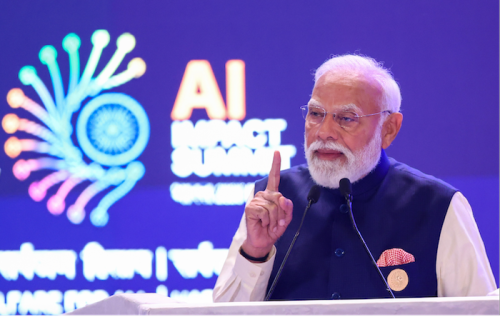The rapidly evolving and expanding use of artificial intelligence (AI) technology is outpacing regulatory and policy efforts to guide its ethical use.
In a Policy Forum, Cason Schmit and colleagues propose a new approach to AI regulation, which involves leveraging two existing legal tools used to manage intellectual property (IP) rights – copyleft licensing and patent trolling. They call their approach CAITE (Copyleft AI with Trusted Enforcement).
The swift development and widespread adoption of AI technology have consistently outpaced regulatory oversight, which has largely resulted in insufficient policy. However, given AI’s potential impact on nearly every aspect of daily life, regulation ensuring its appropriate and ethical use is sorely needed.
As a supplement to the Policy Forum, Schmit asked ChatGPT (an AI chatbot) to provide insights into how ethical AI use should be governed. While the output provided a reasonable summary of important considerations, the AI glossed over the more difficult questions, like how governance should be implemented.
The original article was published at the Eurasian Review.
The Boston Global Forum (BGF), in collaboration with the United Nations Centennial Initiative, released a major work entitled Remaking the World – Toward an Age of Global Enlightenment. More than twenty distinguished leaders, scholars, analysts, and thinkers put forth unprecedented approaches to the challenges before us. These include President of the European Commission Ursula von der Leyen, Governor Michael Dukakis, Father of Internet Vint Cerf, Former Secretary of Defense Ash Carter, Harvard University Professors Joseph Nye and Thomas Patterson, MIT Professors Nazli Choucri and Alex ‘Sandy’ Pentland. The BGF introduced core concepts shaping pathbreaking international initiatives, notably, the Social Contract for the AI Age, an AI International Accord, the Global Alliance for Digital Governance, the AI World Society (AIWS) Ecosystem, and AIWS City.











